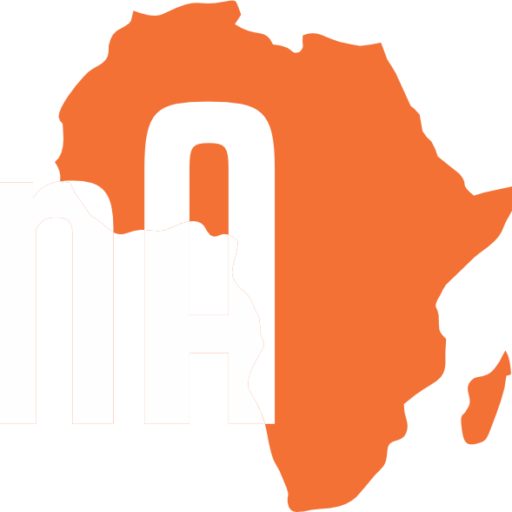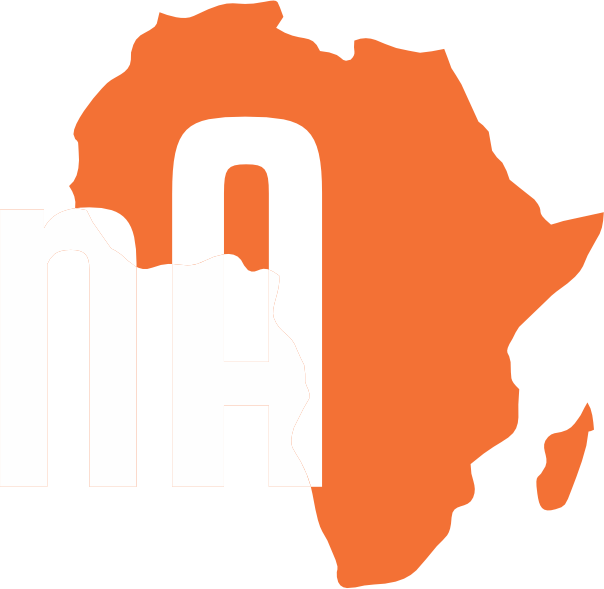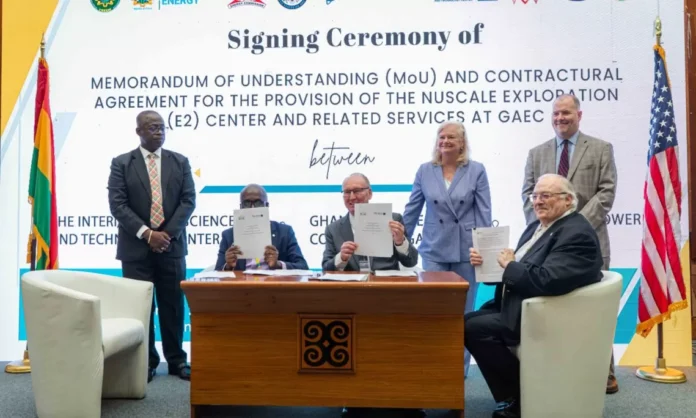The United States has announced a major step forward in civil nuclear cooperation with Ghana, setting the stage for the country to become a regional hub for Small Modular Reactor (SMR) technology in Africa. At the Africa Nuclear Business Platform meeting held on May 28, 2024, in Accra, U.S. Principal Deputy Assistant Secretary of State for International Security and Nonproliferation Ann Ganzer revealed the plans, emphasizing U.S. support for Ghana’s safe and secure use of nuclear power.
Ghana, through its partnership with the U.S., is set to host Africa’s first NuScale Energy Exploration (E2) Center, a hands-on training facility that will prepare a new generation of nuclear operators and engineers. The E2 Center, funded by the U.S. Foundational Infrastructure for the Responsible Use of Small Modular Reactor Technology (FIRST) Program, will simulate NuScale Power’s SMR control room, offering advanced training for SMR deployment across the continent.
Key Agreements to Advance SMR Deployment and Workforce Development
The announcement included several agreements aimed at preparing Ghana’s workforce and infrastructure for SMR deployment, marking an essential milestone in Ghana’s nuclear journey. The Memorandum of Understanding (MoU) signed between the Ghana Atomic Energy Commission (GAEC), the International Science and Technology Center (ISTC), and NuScale outlines the deployment of the NuScale E2 Center in Ghana. This facility will serve as a regional training hub, supporting Ghana’s readiness to operate SMRs and providing critical training consistent with the International Atomic Energy Agency’s (IAEA) Milestones Approach and nonproliferation standards.
The agreements also included the establishment of a Regional Welding Certification Program. This MoU between GAEC and ISTC, funded by the FIRST Program, will provide specialized welding training, enabling Ghanaian technicians to develop the skills needed for nuclear energy construction jobs. This initiative positions Ghana as a safe and secure part of the SMR supply chain, offering high-skilled job opportunities and supporting the country’s long-term energy infrastructure development.
Partnership with Regnum Technology Group and the Development of an Industrial Enclave
In conjunction with the U.S. government’s support, Nuclear Power Ghana is working towards a cooperation agreement with the project developer Regnum Technology Group LLC. This partnership envisions the development of an industrial enclave powered by NuScale SMRs as the primary energy source, making Ghana a model for innovative clean energy solutions in the region. The agreement is part of the U.S.’s strong backing of NuScale’s SMR technology and its deployment through Regnum Technology Group as the project developer in Ghana.
Moving Towards a U.S.-Ghana Peaceful Nuclear Cooperation Agreement
The announcements also highlight the ongoing negotiations between Ghana and the U.S. for a “123 agreement,” a peaceful nuclear cooperation agreement that would lay the foundation for closer bilateral collaboration in nuclear energy. This agreement, once concluded, will enhance the partnership between the two nations, facilitating future civil nuclear projects, knowledge-sharing, and technology transfer.
A Vision for a Sustainable Nuclear Future in Africa
The announcements in Accra build upon commitments made by the U.S., Japan, and Ghana during the 2022 International Atomic Energy Agency Nuclear Power Ministerial, where the nations pledged to support Ghana’s aim to become the first operator of SMRs in Africa. SMRs are expected to play a transformative role in Africa’s energy landscape, providing 24/7 reliable power with flexible siting requirements and a small environmental footprint. U.S.-designed SMRs come with advanced safety features that can withstand extreme weather and seismic events, making them well-suited for diverse African conditions. In addition to generating clean electricity, SMRs can contribute to decarbonizing non-electric sectors, such as industry and transportation.
For Ghana, the shift to SMR technology represents an opportunity to build an energy infrastructure that supports both sustainability and energy security. The deployment of SMRs will enable Ghana to meet its climate and development goals, ensuring reliable, zero-emission energy that drives economic growth and regional stability.
Pioneering SMR Technology in Africa
Ghana’s partnership with the U.S. marks a significant step forward in Africa’s journey toward adopting advanced nuclear technologies. As Ghana moves closer to becoming a training and educational hub for SMRs, it stands ready to lead the continent in embracing nuclear energy solutions that are safe, secure, and scalable.
With the support of the U.S. government and international stakeholders, Ghana is on track to become Africa’s first operator of SMRs, ushering in a new era of clean energy and workforce development. As the world moves towards a low-carbon future, Ghana’s pioneering efforts in SMR technology set an inspiring example for other African nations.











